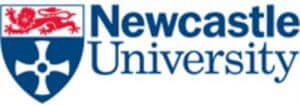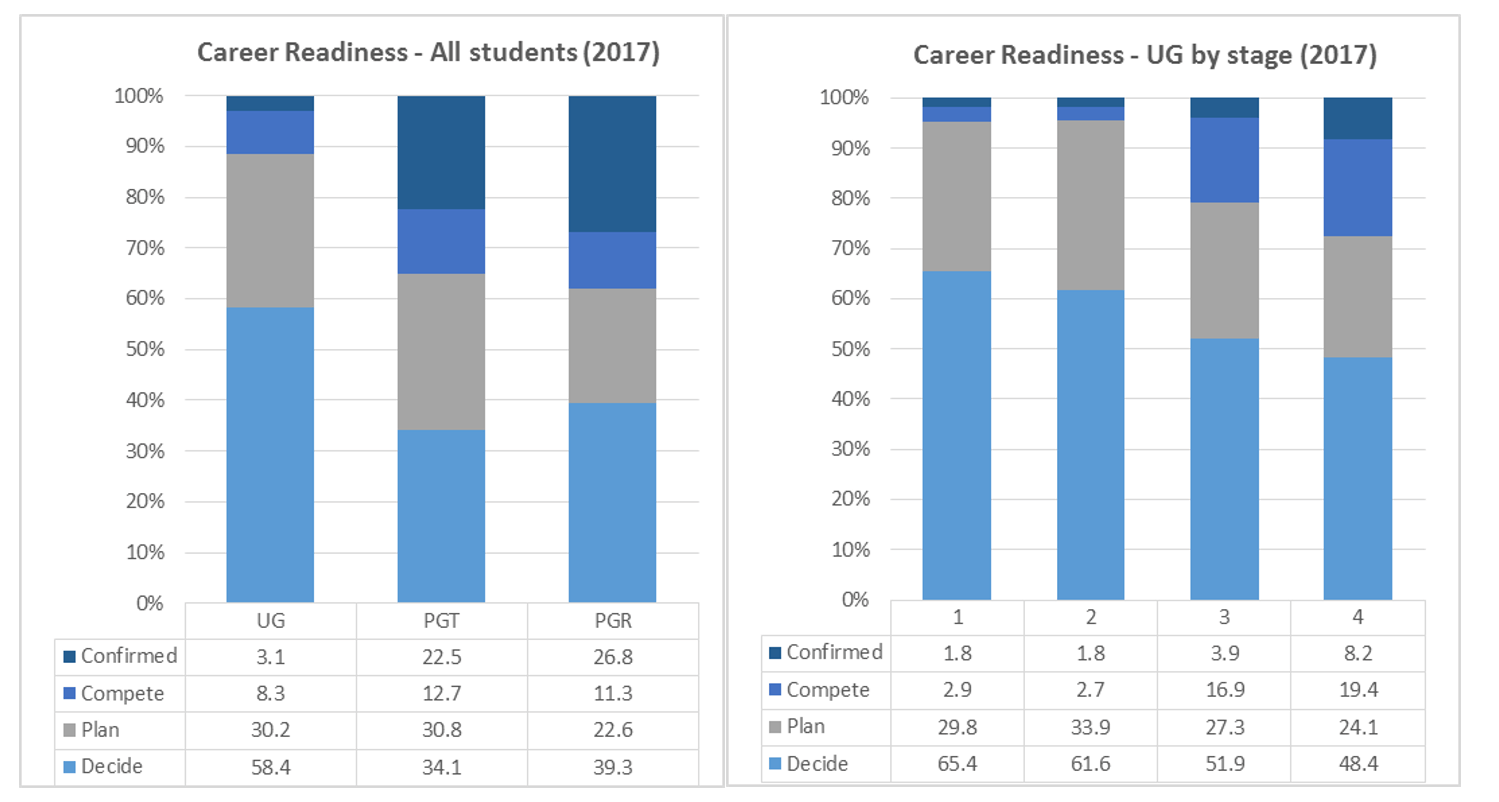MORE RELEVANT BOOKS. MORE ENGAGED READING.
EDITORIAL OVERVIEW – ISSUE 18

Naomi Oosman-Watts is the Assistant Director of Newcastle University’s Career Management department.
Evidence suggests that having a clear career plan and knowing what you want to do upon completing university is one of the most important factors in determining if a graduate will secure a professional/managerial role 6 months after graduation[1]. With this in mind, here at Newcastle University Careers Service, we were keen to see what our students’ career journeys looked like.
Over the last 18 months we have developed a Management Information dashboard which allows us to track individual student interactions with the service, which allows us to better understand the service in different ways. We can identify service peak time and understand which queries we most frequently deal with so we can manage and allocate resources more effectively. We are also able to categorise queries by subject, identifying the concerns and preoccupations of specific student groups, thus allowing us to target specific academic disciplines with information on the topics their students are asking about the most. This means that for those who don’t directly access the service but probably have similar questions, we are providing them with the information they need without them having to ask for it.
In addition to the resource management we can also see how different cohorts engage with the service. An analysis of students from widening participation backgrounds indicated that although 3 years ago they were under-engaged with our service, as we have increased our activity with these students, we have seen a rise in the number of interactions from this group – from 774 (2012/13) to 1331 (2015/16) with a correlated increase in graduate outcomes of 10.7%. Although this analysis was retrospective, it gives us the evidence we need to continue to grow our widening participation offer.
[1] Planning for success: Graduates’ career planning and its effect on graduate outcomes. Shury, J. et al. Department for Education: 2017.
The range of data we collect also offers us the opportunity to relate these activities back to outcomes data and determine which interactions have the most impact on outcomes. Last year we focused on ‘sustained, long term, experiential’ activity clearly demonstrating that engaging with these resulted in a positive impact on graduate outcomes:

titutions in the UK, in particular Leeds University who first introduced the concept, we worked with our registration team and systems team to introduce a set of Career Registration questions to supplement our existing data.
Students answer these two questions, at the start of the year in every year of study. We are still within very early stages of the process but there is some interesting information already emerging from our own data sets as well as some very rich information from the work that other Universities have been undertaking, currently being studied specifically through the work of Careers Group London who are currently undertaking a three-year research project focusing on this topic.
Our own data, an excerpt of which is shown here (by stage of study), has helped us to learn which of our students groups are the most ‘undecided’ – unsurprisingly, this is the Undergraduate population (58.4%) followed by Postgraduate Research (39.3%) and Postgraduate Taught (34.1%)
We can also see that the greatest evidence of learning gain in undergraduate degrees takes place between stages 2 and 3. This is where we see the greatest rate of ‘Compete growth’.

These are only some of the very first insights we are getting into this data, but it is the opportunity that the information offers, not only to make our services bespoke and target our messaging more effectively, but also to understand more clearly what supports ‘complete growth’ in terms of the activities we offer? How can we be more targeted more effective and more ‘intelligent’ in what we offer to each student? For us this is the start of an extremely exciting journey to understand our students better and to ensure we are providing each individual with the support and service that they need for their own employability journey.
Naomi Oosman-Watts – Assistant Director (Career Management)
Chris Traynor – Guidance Team Manager

